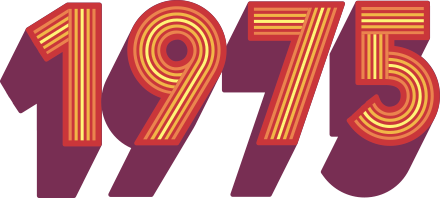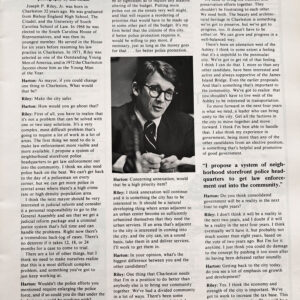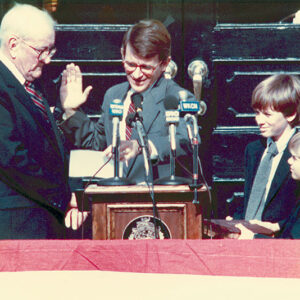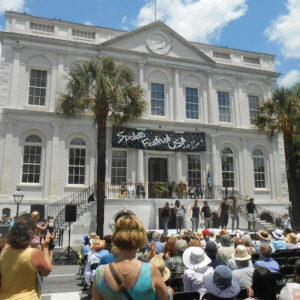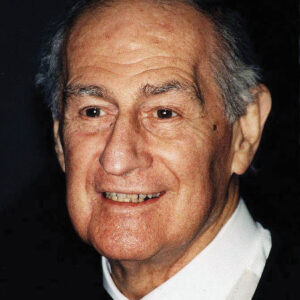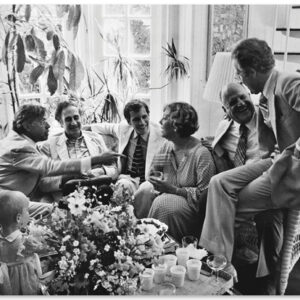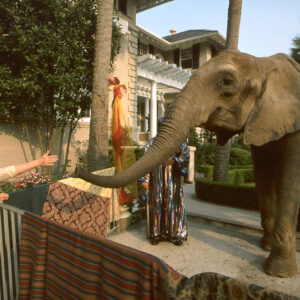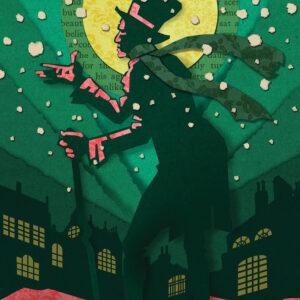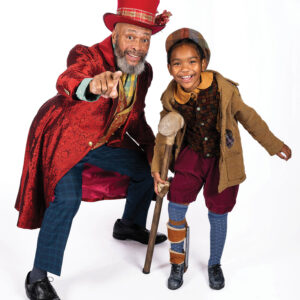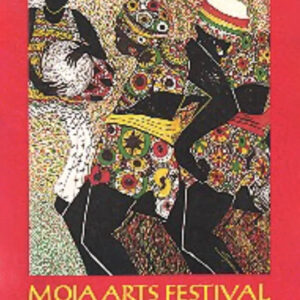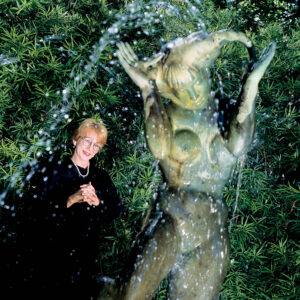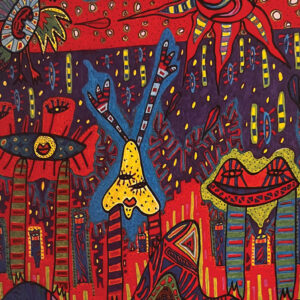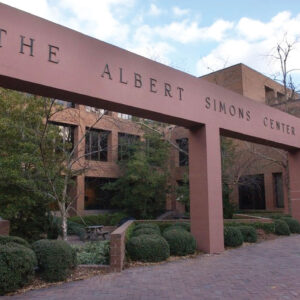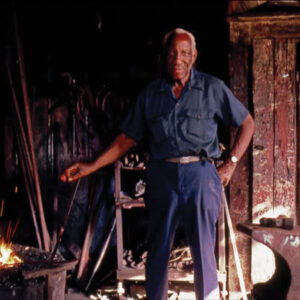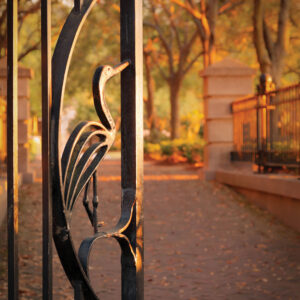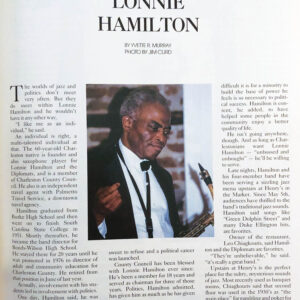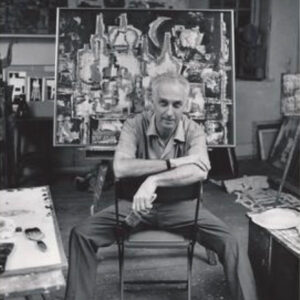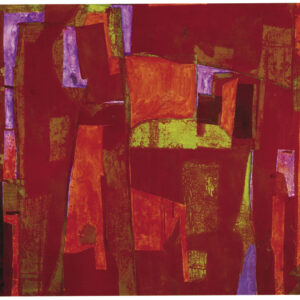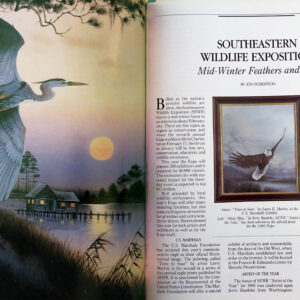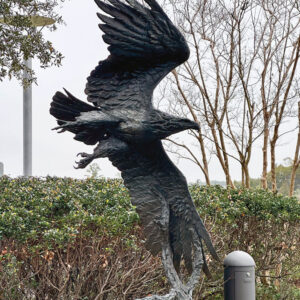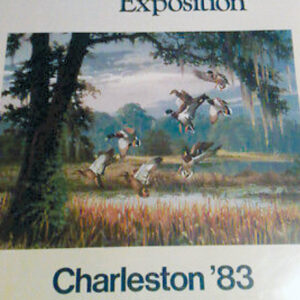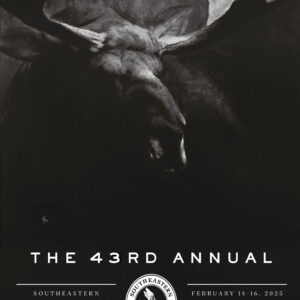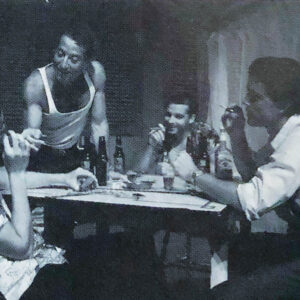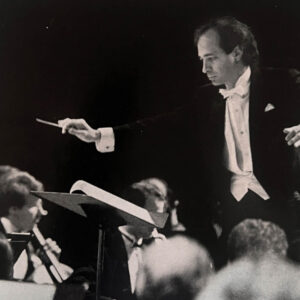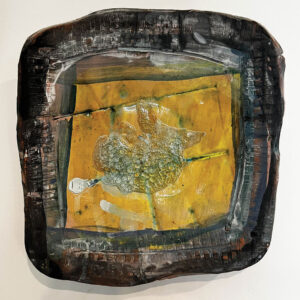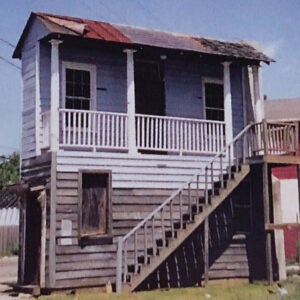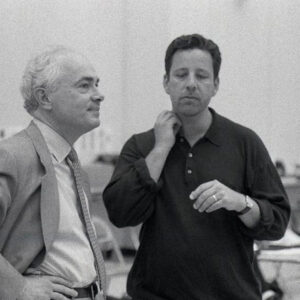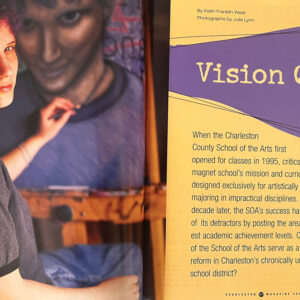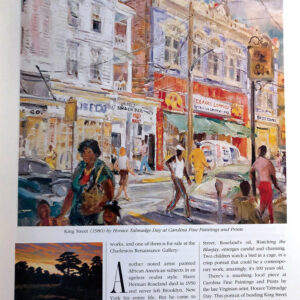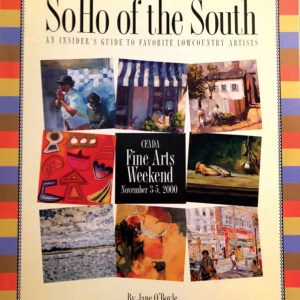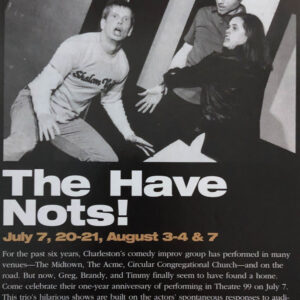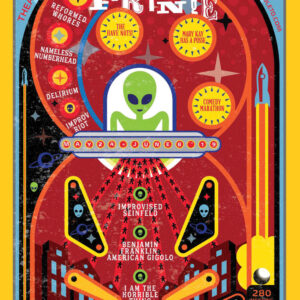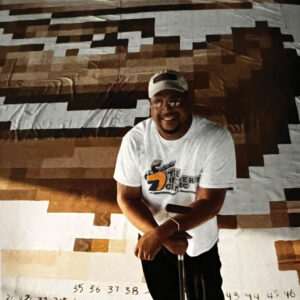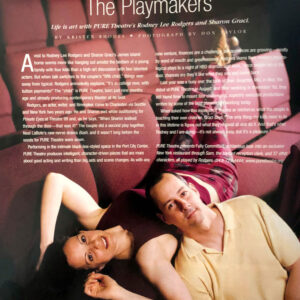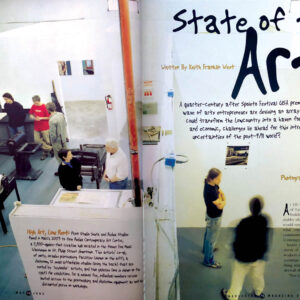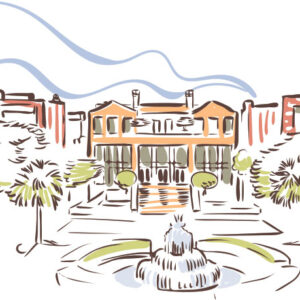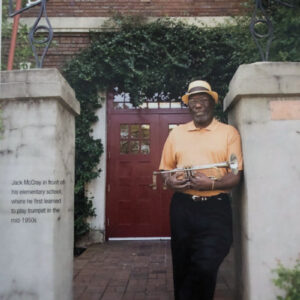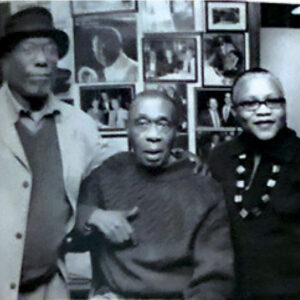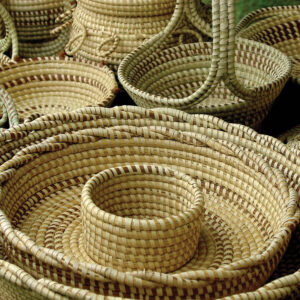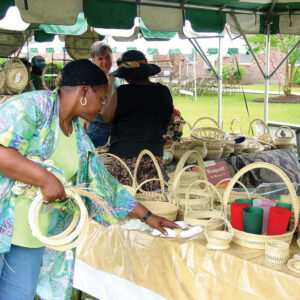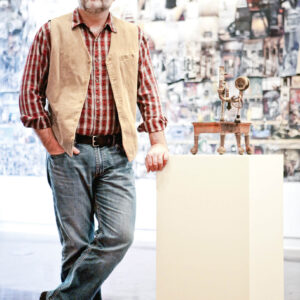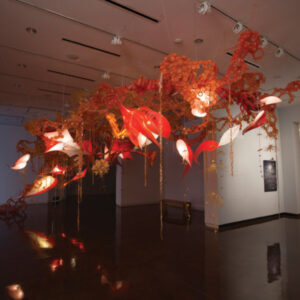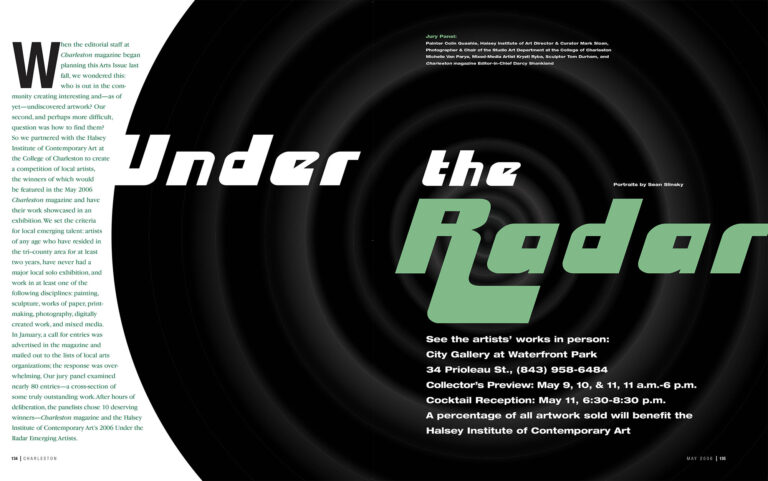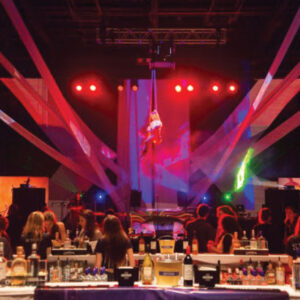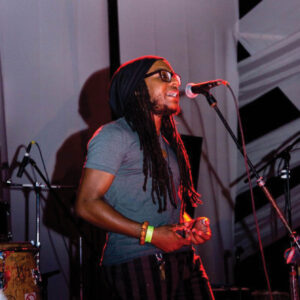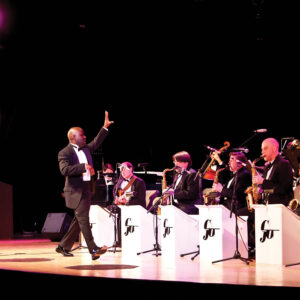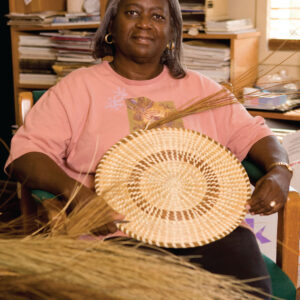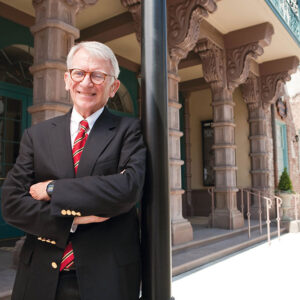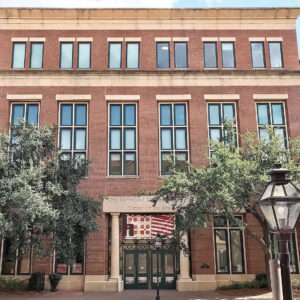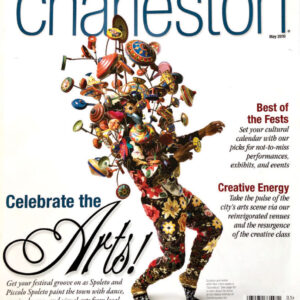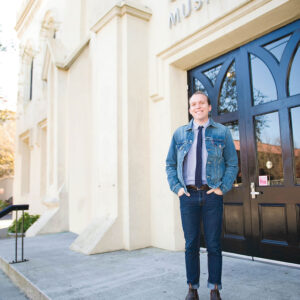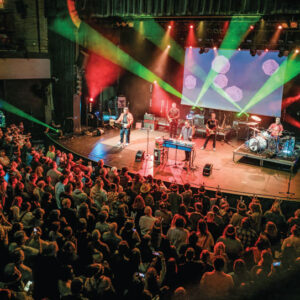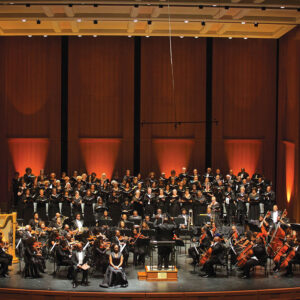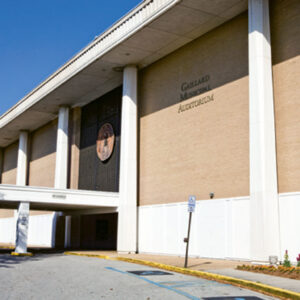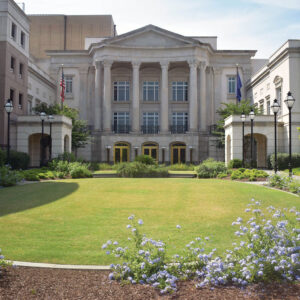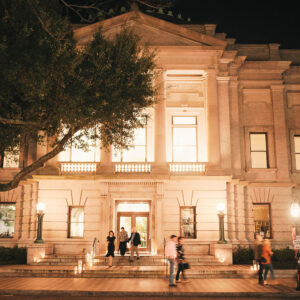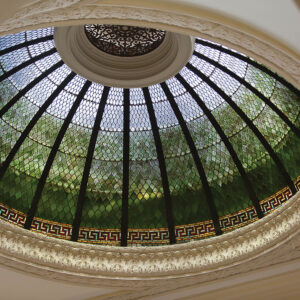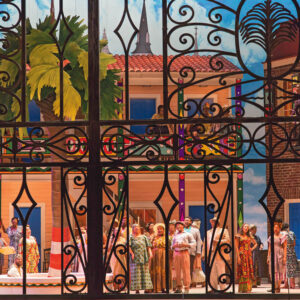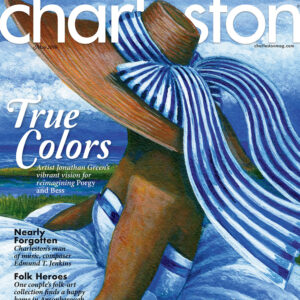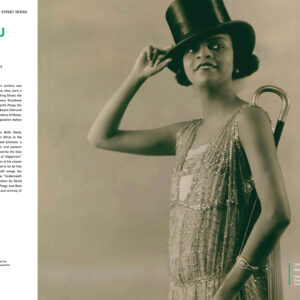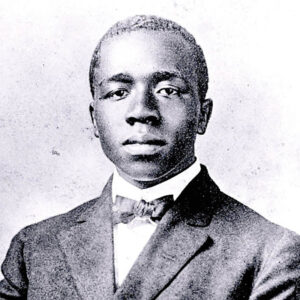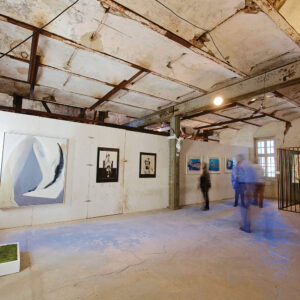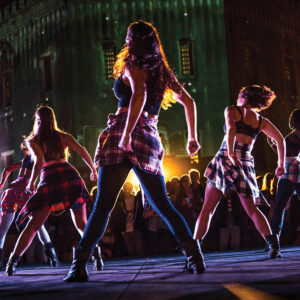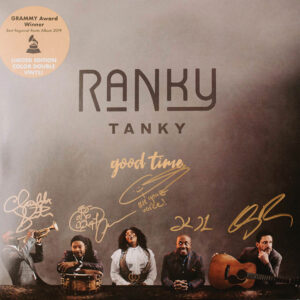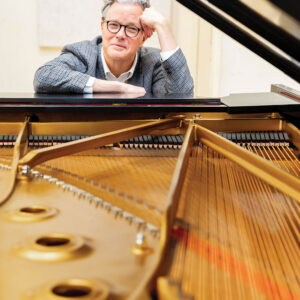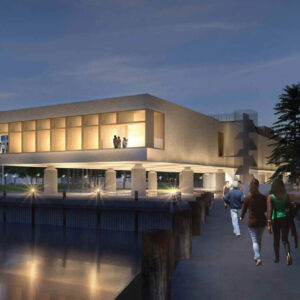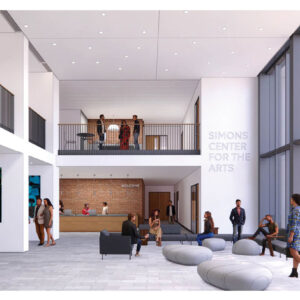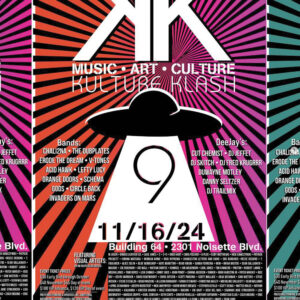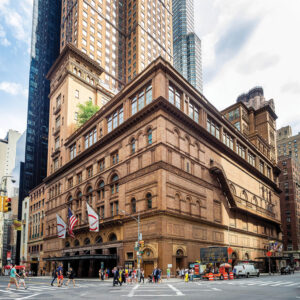1975
Joseph P. Riley Jr. Becomes Mayor
In December 1975, at the age of 32, Joseph P. Riley Jr. is inaugurated as Charleston’s 60th mayor in December 1975. His tenure marks the beginning of a transformative era with significant investments in cultural and urban development that would infl uence the city’s artistic and cultural growth for decades. A champion of the arts, he helps woo Gian Carlo Menotti and the Spoleto Festival here in 1977 and launches Piccolo Spoleto and other initiatives, planting the seeds for another cultural renaissance for the then sleepy city.
Read our interview with Mayor Riley as he entered his last year in office.
1977
The First Spoleto Festival Opens
The city’s old guard meets the avant-garde in May with the opening of the Spoleto Festival, founded by Pulitzer Prize-winning composer Gian Carlo Menotti, who created the Festival dei Due Mondi in Spoleto, Italy. The performing arts festival brings world-class opera, music, dance, and theater to Charleston—including past premieres such as Creve Coeur by Tennessee Williams (1978), The American Clock by Arthur Miller (1980), and Empty Places by Laurie Anderson (1989)—and plays a crucial role in establishing the city as a premier destination for the arts, attracting artists and audiences from around the world. Along with the 17 days of performances comes community participation in the form of Spoleto parties, whereby local patrons—such as Peter and Patti McGee—host post-performance gatherings for artists, directors, and producers in their homes. There’s even tell of an elephant named Butch at one local soiree in the 1990s.
1978
Charleston Stage Lifts the Curtain on Its First Production, A Christmas Carol
After the city’s newly created Office of Cultural Affairs taps aspiring director Julian Wiles to create the Young Charleston Theatre Company, its inaugural season opens with the Dickens classic at the Dock Street Theatre. Renamed Charleston Stage in 1993, the company has staged more than 360 productions over the years, while keeping education at the forefront with its TheatreSchool classes for kids, TheatreWings apprentice program for high school students, and the opportunity for some half-million school children to attend free performances.
Read our profile of founding director Julian Wiles.
1979
The MOJA Arts Festival Is Born
“Charleston is experiencing a refreshing renaissance of the arts, and it is only fitting that a Black Arts Festival should take place at this time,” wrote teacherturned-community activist Ruby Cornwell in the Evening Post after the fi rst biennial in October 1979. Rebranded in 1984 as the MOJA Arts Festival—from the Swahili word for “one”—the multi-day and -genre celebration focuses on the city’s African American and Caribbean heritage through visual arts, music, theater, poetry, dance and drum troupes, traditional crafts, and foodways. Now under the direction of Grammy Award-winning jazz musician Charlton Singleton, the fall festival has gained renewed energy with top-tier talents such as gospel singer Kelontae Gavin and comedian Marlon Wayans.
1979
The Piccolo Spoleto Festival Spills Throughout the City
Led by director Ellen Dressler Moryl, the Office of Cultural Affairs launches Piccolo Spoleto as a more accessible and affordable, community-focused companion to Spoleto Festival, showcasing local and regional artists. Piccolo in Italian means “small,” but in Charleston it has annually meant hundreds of artistic offerings spilling throughout the region. While those offerings have evolved over the decades, some classics remain, including the Sunset Serenade concert at the US Custom House, the sand-sculpting competition on the Isle of Palms, the Sundown Poetry Series at Dock Street Theatre, and the Festival Finale at Hampton Park.
